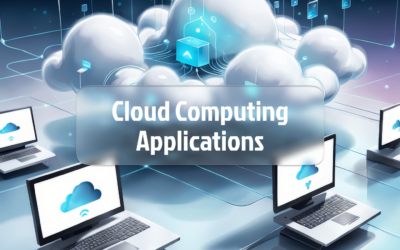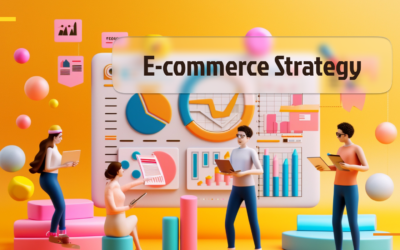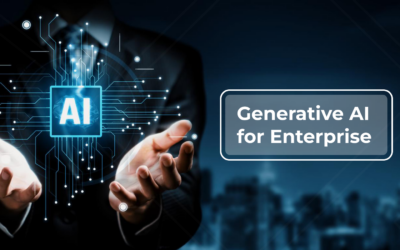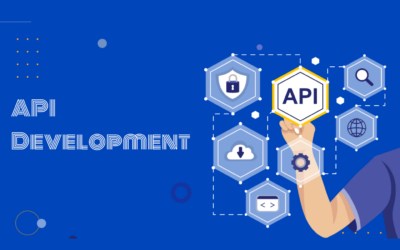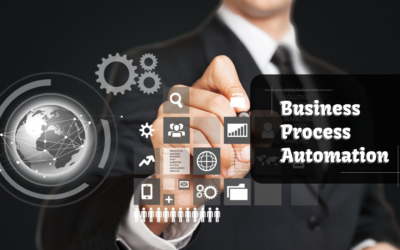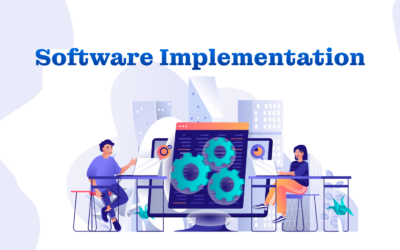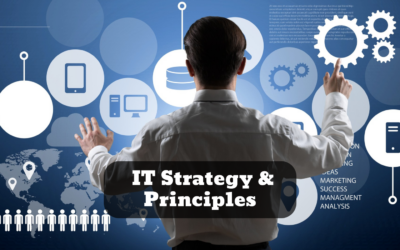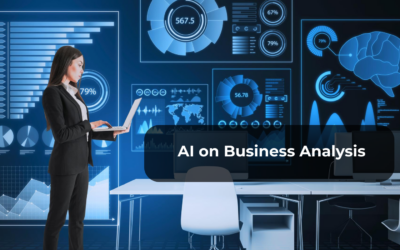How does AI affect different industries

The impact of AI on numerous industries continues to increase, influencing the future of employment and our daily lives as robots to get smarter and better equipped to mimic human intelligence. Artificial Intelligence (AI) has become a ubiquitous technology that is transforming various industries. From healthcare to retail, AI is impacting every sector, bringing about significant changes in the way businesses operate. In this article, we will discuss how AI is affecting different industries and the potential benefits and challenges that come with it.
Healthcare Industry:
AI has revolutionized the healthcare industry by providing improved diagnostic tools, personalized treatment plans, and better patient care. AI algorithms can analyze large amounts of data to detect patterns and predict outcomes. This technology can be used to develop customized treatment plans, monitor patients remotely, and assist in surgeries.
One significant benefit of AI in healthcare is the reduction of medical errors. AI can help identify potential errors and provide real-time guidance to medical staff to avoid mistakes. Additionally, AI can provide personalized care by analyzing patients’ data and developing treatment plans that cater to their specific needs.
Education Industry:
AI has the potential to transform the education industry by providing personalized learning experiences to students. AI-powered systems can analyze a student’s performance and provide feedback and recommendations for improvement. This technology can also help teachers identify areas where students need extra help.
Moreover, AI can assist in administrative tasks such as grading and record-keeping. It can also help in the creation of course materials and provide real-time feedback to students. However, there are concerns about the ethical implications of using AI in education, such as the potential for bias in decision-making.
Finance Industry:
The finance industry has already begun to embrace AI to automate tasks such as fraud detection, risk assessment, and customer service. AI-powered chatbots are being used to provide customer support and answer queries. Machine learning algorithms are also being used to identify patterns in financial data and make predictions.
AI has the potential to improve the speed and accuracy of financial decision-making. It can also help reduce costs by automating repetitive tasks. However, there are concerns about the potential for AI to make biased decisions, which can have significant implications in the finance industry.
Manufacturing Industry:
The manufacturing industry has been one of the early adopters of AI. AI-powered systems are being used to optimize production processes, monitor equipment performance, and predict maintenance requirements. This technology can also assist in quality control by detecting defects and reducing waste.
AI can help manufacturers improve efficiency, reduce costs, and increase productivity. It can also help manufacturers develop new products and services by analyzing customer data and identifying trends. However, there are concerns about the potential for AI to replace human workers, leading to job losses.
Retail Industry:
The retail industry is using AI to provide personalized shopping experiences to customers. AI-powered systems can analyze customer data to provide personalized recommendations and offers. This technology can also assist in inventory management by predicting demand and optimizing stock levels.
AI can help retailers improve customer satisfaction and increase sales. It can also help retailers reduce costs by automating tasks such as supply chain management and logistics. However, there are concerns about the potential for AI to further concentrate power in the hands of large retailers, reducing competition and choice for consumers.
Can AI replace human intelligence?
Artificial intelligence (AI) has come a long way since its inception, with impressive advancements in various industries such as healthcare, finance, and education. AI systems can now perform complex tasks such as language translation, image recognition, and even driving autonomous vehicles. With such capabilities, many wonders if AI can replace human intelligence altogether.
While AI can replicate some aspects of human intelligence, it cannot replace human intelligence entirely. Human intelligence is a complex and multifaceted concept that includes problem-solving, creativity, empathy, and social skills, among others. While AI can perform some tasks better than humans, such as analyzing large amounts of data, it lacks the creativity, intuition, and emotional intelligence that humans possess.
Furthermore, AI is designed to perform specific tasks and lacks the ability to generalize knowledge and skills. Humans, on the other hand, have the capacity to transfer knowledge and skills from one domain to another, enabling them to adapt to new situations and challenges.
Although artificial intelligence is one of the most revolutionary technologies of the twenty-first century, its effects on the markets of today have not yet been felt. The long-term benefits will soon become clear as we are just beginning the adoption curve for AI and related technologies. Despite this, the powers of AI today show that we are still a long way from reaching our full potential or impact on society. From lifestyle changes to unnoticed developments in conventional social institutions, AI is changing how every firm executes mission-critical tasks.
